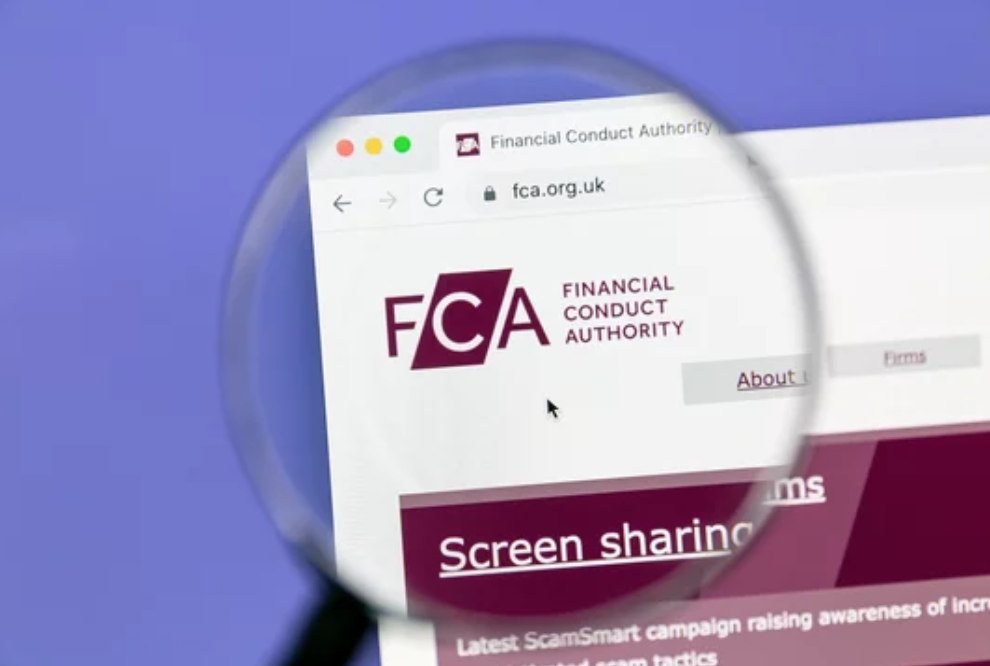In the wake of the unprecedented challenges posed by the COVID-19 pandemic, businesses across the globe found themselves in a struggle for survival. As doors shuttered and operations ground to a halt, many looked to their insurance policies for a lifeline, only to be met with uncertainty and frustration. Amidst this turmoil, the Financial Conduct Authority (FCA) stepped in to provide clarity and guidance through a groundbreaking test case aimed at resolving the complexities surrounding COVID-19 Business Interruption Claims.
The FCA, acting on behalf of policyholders, initiated legal proceedings to seek clarification on key issues related to insurance coverage for pandemic-related losses. The case, which was brought before the High Court in the UK, involved representative samples of policy wordings from eight insurers, with implications for thousands of similar policies nationwide. At its core, the test case sought to address fundamental questions surrounding the interpretation of policy language, the scope of coverage, and the applicability of specific clauses in the context of the pandemic.
The case unfolded against a backdrop of mounting economic distress and widespread confusion within the business community. Policyholders found themselves at odds with insurers over the interpretation of policy terms, particularly regarding the definition of “physical damage” or “interruption” necessary to trigger coverage. Additionally, disputes arose over the applicability of clauses related to government-mandated closures, disease outbreaks, and prevention of access to insured premises.
The High Court’s ruling, which was delivered in September 2020, provided initial clarity on several key issues, laying the groundwork for subsequent legal proceedings and appeals. The Court’s decision favored policyholders on certain points, affirming that COVID-19 constituted a “notifiable disease” and that government-mandated closures could trigger coverage under certain policy wordings. However, the ruling also left room for interpretation and further legal scrutiny, prompting both insurers and policyholders to seek clarification from the appellate courts.
In January 2021, the case reached the Supreme Court, where a panel of judges deliberated on the complex legal issues at hand. The Supreme Court’s ruling, delivered in January 2021, marked a watershed moment in the ongoing saga of COVID-19 Business Interruption Claims. The Court’s decision provided much-needed clarity and resolution on key points of contention, addressing issues related to causation, disease clauses, prevention of access clauses, and trends clauses.
One of the most significant aspects of the Supreme Court’s ruling was its affirmation of policyholders’ rights to claim for losses caused by government-mandated closures, even in cases where other factors contributed to the overall loss. The Court also clarified that COVID-19 fell within the scope of coverage under “notifiable disease” clauses, expanding the potential for coverage to a broader range of policyholders. Additionally, the ruling rejected insurers’ attempts to use “trends clauses” to adjust payouts based on hypothetical scenarios unaffected by the pandemic, further strengthening policyholders’ position.
The implications of the Supreme Court’s ruling extend far beyond individual claims, shaping the landscape of insurance law and risk assessment in the face of global crises. The decision provides valuable guidance for insurers, policyholders, and legal practitioners, helping to establish precedent and clarify the rights and obligations of parties in similar cases. Moreover, the ruling underscores the importance of proactive risk management and comprehensive insurance coverage in safeguarding businesses against unforeseen events.
As businesses continue to navigate the aftermath of the pandemic and rebuild in its wake, the lessons learned from the FCA test case will undoubtedly inform future approaches to risk mitigation and insurance coverage. While challenges remain, the clarity provided by the Supreme Court’s ruling offers a glimmer of hope for businesses seeking financial recourse and underscores the vital role of regulatory intervention in times of crisis. Moving forward, stakeholders must remain vigilant, adapting to evolving legal and regulatory landscapes while working collaboratively to ensure a resilient and sustainable future for businesses worldwide.
Call now and we can see if you are eligible to claim in 5 minutes by answering some simple questions.
T: 020 3318 2064

